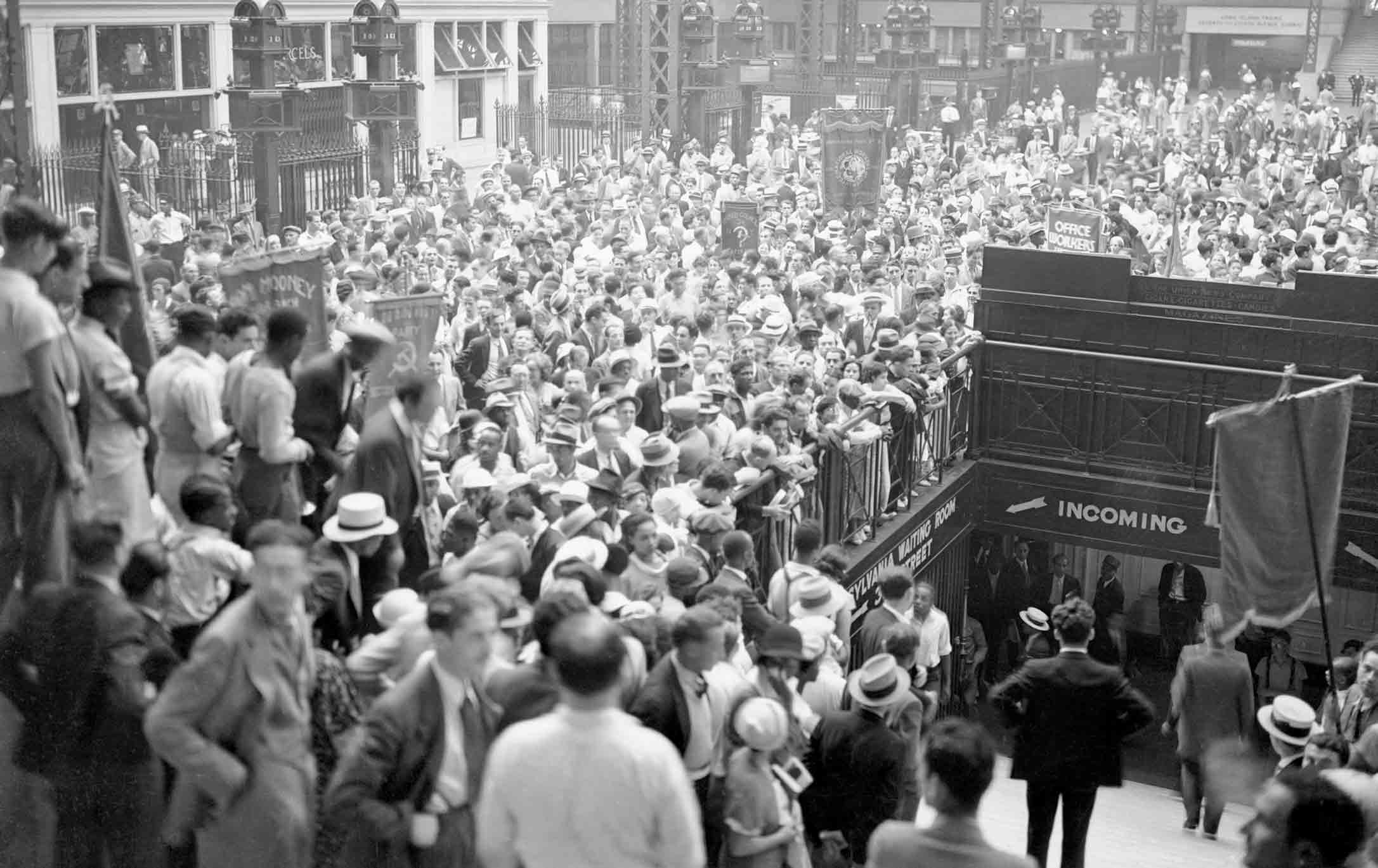In Defense of Homeownership
It’s been blamed for everything from NIMBYism to urban sprawl. So why do I still want in?

I’m going to turn 30 next month, and I would really, really like to buy a house. I’m using “house” here as a catch-all for classic detached houses, duplexes, town houses, condos, and co-ops—basically any form of single-family residential architecture. US homeownership rates may have varied over time and across locales and demographics, but the idea of homeownership as the ne plus ultra of life goals is an indispensable part of the American dream. That dream has always been unavailable to many, especially America’s poor and racialized populations. In recent years, however, homeownership has become unavailable to more people than ever before, including white-collar workers and even members of the managerial classes. Hence, the very idea of homeownership as a practice has become more and more subject to criticism and scrutiny, especially in architecture, urbanism, and activist circles, which tend to straddle the left and center-left. One criticism left-wing commentators have leveled is that homeownership is inherently vulnerable to the market (albeit less so than renting); by its very nature, it incentivizes landlordship, speculation, and exploitation. The logic goes that what we need is not more homeownership but more public housing that’s resistant to the vagaries of the market. Meanwhile, writers like Jerusalem Demsas and Matt Yglesias come at the problem from a pro-market standpoint, pushing back against the idea of a home as a particularly good generator of wealth compared with other investments, and cautioning against putting all of one’s financial eggs in one basket. Therefore, they argue, we should move beyond the framework of homeownership-as-stability and embrace a prodevelopment one, which they claim would lower housing costs across the board by increasing the supply of market-rate housing.
Buying a house was once considered a rite of passage, a way of securing one’s place in the world (one that, to be sure, always excluded broad swaths of the population). That popular notion was always in tension with the practice of buying a house as an investment, a way of gambling on the market, a vehicle for profit. Now that owning a home is out of reach for more people than ever, more and more critics and activists are dissecting its unsavory aspects. If homeownership is blamed for everything from NIMBYism (the anti-development “not in my backyard” phenomenon) to urban sprawl, why do I still want in?
A house, being a commodity, has an exchange value as well as a use value. The use value of a house is its function as a shelter: It is a place to live, to dwell, to experience life. In a perfect world, this would be the only value of a house that matters, and people would be free to live as they please in that which they own outright. There would also be no pressure to decorate a certain way, to avoid “damaging” the value of one’s house by engaging in self-expression. The problem is that a house is legally also a piece of property—one that sits on land, a limited resource that is speculated on and gambled on. Thus, the exchange value of a house—how much you could sell it or flip it for, how much it’s worth on the market—is in tension with its use value as a place for human habitation. If a house is the single biggest investment one makes in life (though given the cost of, say, a university education, that may no longer be the case), then it is rational for a homeowner to want to get the maximum return on that investment; the enticement to profit is built in.
Personally, I think of homeownership as a way to buy agency within the built environment. Some people use that agency to make money, often at the expense of other people who depend on housing as shelter: They flip houses, shake up neighborhoods, and profit hugely. Other people think the agency they get with homeownership extends beyond their property line and that the whole neighborhood has to cater to their personal comfort. For a lot of people, though, including myself, the agency that would come with owning a house would be twofold: an exit from the rental market and autonomy within a space. And that agency increasingly looks like an impossible dream.
Homeownership is a way of escaping the volatility of renting, though it still has its own forms of volatility, such as the fluctuations of property taxes, insurance and interest rates, and maintenance costs. While homeowners are at risk of eviction from foreclosure, they aren’t at the mercy of landlords, who can force tenants out through negligence or de facto evictions, like refusing to renew a lease or instituting sudden and dramatic increases in rent. On top of enjoying tax benefits and the stability of a permanent location, homeowners have a far greater degree of control over what they can do with a dwelling—even a less-than-ideal house can be changed to fit one’s needs—whereas renters are subject to a landlord’s arbitrary whims. Anyone who’s looked for a decent apartment in a major city is familiar with what an unhinged rat race that is; you’re lucky to find affordable shelter at all. And if you get into that apartment, you’re not allowed to decorate it to your taste, save for maybe choosing which furniture to put in it. Some landlords even forbid hanging art on the walls. Painting or making other improvements is out of the question. Your experience is wholly dependent on whether your landlord sucks or not.
My husband and I got lucky with our landlords: They’re nice folks and have given us a two-year lease. But our previous landlord, who lived in the apartment below ours, hated us because we asked for basic maintenance (and also because our feet made noise on the hardwood floors in the lockdown silence). Before we settled into our current place, I had moved every year of my life since I entered college. Moving is grossly expensive and a fact of life if you rent—in fact, it’s what has eaten up much of the savings that could have been used for a house.
So I find the demonization of homeownership puzzling when it isn’t complemented by pro-renter politics; we ought to be advocating for changes that give renters the same stability as homeowners. A house, with caveats, is basically a rent-controlled apartment. There would be fewer homeowners if renting were less volatile, because, at the end of the day, most people want stability. Until there’s rent control in Chicago, and until the landlords let me paint the walls, I’m gonna want to buy a house.








